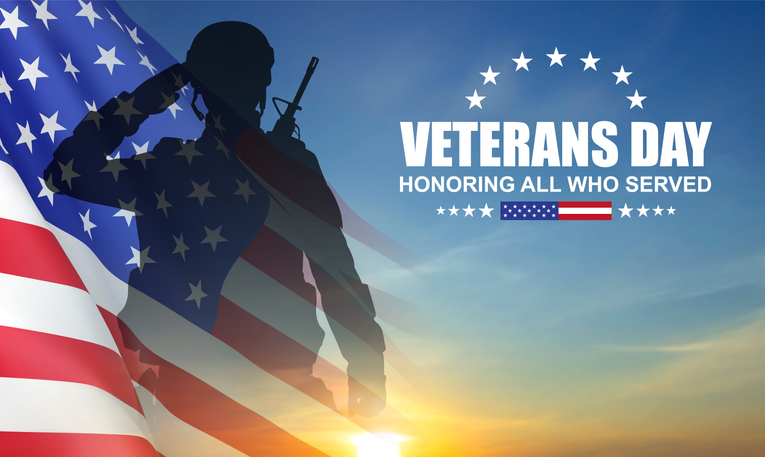Veterans Benefit from Culturally Competent Care
As a psychiatrist and a proud supporter of those who have served our nation, over the last 15 years I have had the privilege to develop and oversee programs nationally that increase access to psychiatric care for active-duty service members and veterans. In this role, I have come to believe strongly in the need to increase cultural competence for civilian healthcare professionals who provide care to service members, veterans, their families and caregivers.

Recent studies support my first-person observations. A recent RAND report Recommended Standards for Delivering High-Quality Care to Veterans with Invisible Wounds (2022) complements a similar report from 2014, Community-Based Provider Capacity to Deliver Culturally Competent, Quality Mental Health Care to Veterans and Their Families.
These reports, among others, outline the problems and opportunities for healthcare professionals and the healthcare industry relating to the military-connected community. “Demonstrating that veteran-facing clinical staff have received training in military cultural competence is critical.” The 2022 Rand study recommends that program and clinic staff who interact with veterans have completed training in military cultural competence if they are to be labeled high quality. These same studies and others spotlight the lack of awareness and knowledge of military culture among clinicians. Only 13% of clinicians are ready to offer culturally competent, quality mental health care to veterans and their families (RAND, 2014). Additionally, only approximately 10% of Veterans Affairs Community Care Network* clinicians have completed training in military cultural competence. Furthermore, only 19% of healthcare clinicians ask about military service history (RAND, 2022).
A lack of culturally informed medical care for veterans raises significant concerns, especially for Veterans diagnosed with PTSD, TBI, or cancer as a result of their military exposure. The lack of cultural competence of medical professionals often causes veterans and service members to drop out of care, be misdiagnosed, or seek care only when their injury or illness is in an advanced stage.
In an effort to improve healthcare for veterans, I support PsychArmor, a nonprofit whose mission is to change the way our nation engages with military and veteran communities. Their Veteran Ready training offers resources to understand the unique experiences and needs of service members, veterans, their families and caregivers, including a series of critical education courses specifically designed for medical professionals with a focus on military culture, suicide prevention, trauma, and military-specific diagnoses. By utilizing resources provided by partners like PsychArmor, mental health professionals can make a real impact in improving outcomes for their veteran patients by providing culturally sensitive care.
It’s clear that positive health outcomes are tied to cultural competency. It’s also clear that the military-affiliated community is a culture. As clinicians, it’s time for all of us to incorporate military-cultural competence in our practices, thus strengthening trust, decreasing medical avoidance and facilitating patient-centered care for our military-affiliated patients. This Veterans Day, honor those who have served by taking a moment to learn about their culture.
*The preferred national network VA uses to purchase care for veterans in their communities.
